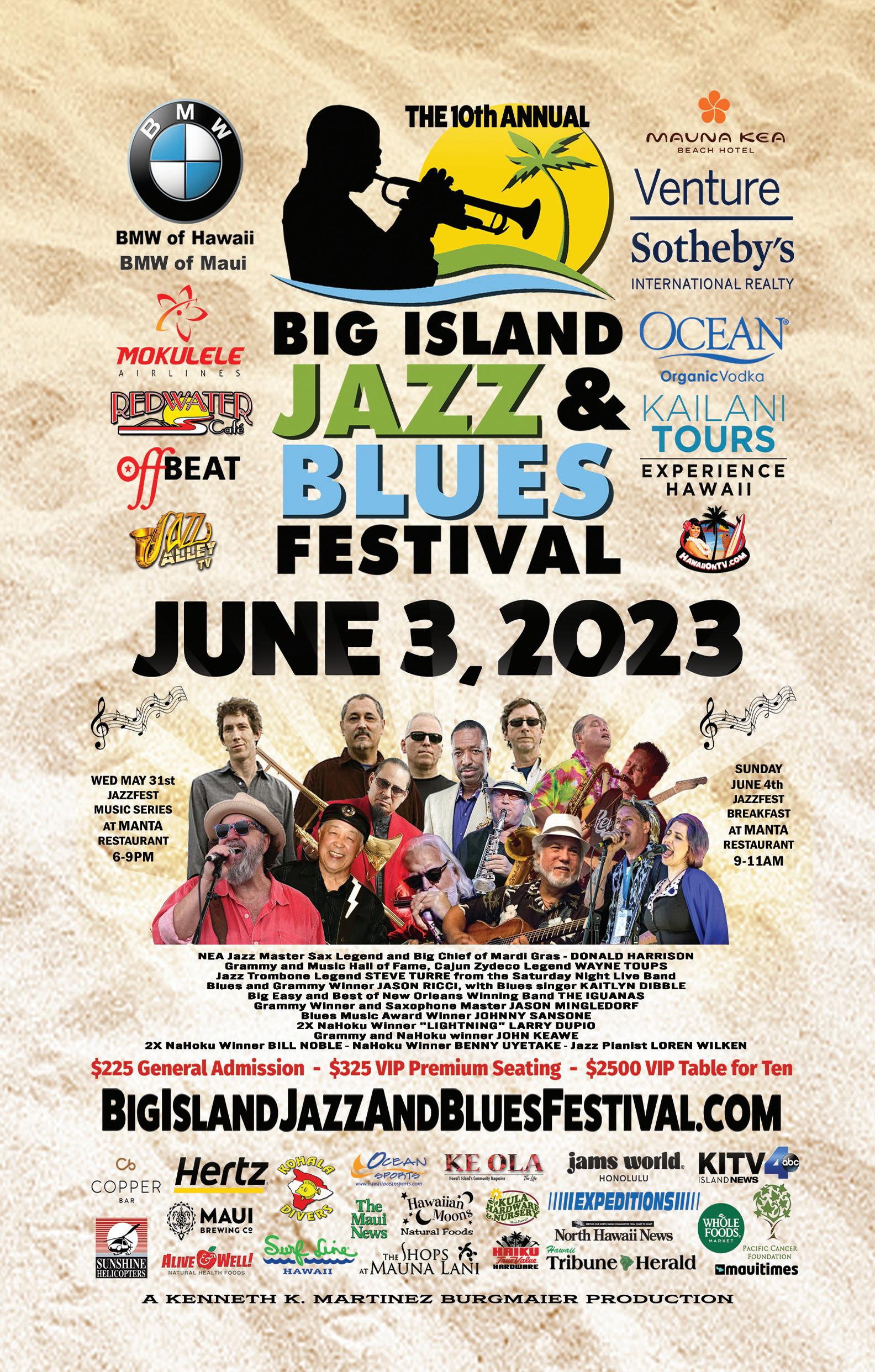
2 minute read
BACK TALK
they loved the Opry, because the Opry had the stories.
I talked to Santana a lot about his father wanting him to be a mariachi violinist. I had met his father at a folk festival in Berkeley. So, we talked a lot about Mexican music roots and then his transformation. A lot of people who are sent to us are sent to talk about their latest record. And I always say, “I’ll get to that.” We try to treat people as a whole cultural, social person and not focus on the latest, greatest hits in their repertoire. I want to ask Santana about his relationship to “Oye Como Va” and what Tito Puente did and earlier versions.
You mix a lot of music together. When I look at Routes, I want to reach out to people. My feeling is, if you like country music, you’ll probably like Western swing. Right? If you like Western swing, you’ll probably like New Orleans traditional jazz. Because Bob Wills did. You go through life, and you get someone like Willie Nelson in an interview from 20 years ago. His father’s a traditional fiddler, but they both like Django. And so did Bob Wills. [Willie] is out in the cotton patch listening to the blues, people singing the field hollers. And his first band was chunking out chords for a Czech band. It shows him as both a native intellectual globalist but also a localist. And I think that’s the position we should all be in. Love local. That’s great. Get rid of things that are hurtful from the past. And connect globally with what we can contribute in a humanistic way.
I’m proud that Routes has in any one show more jazz, more old-time country music, than anything on public radio. And by massaging the segues, having the right balance of people, you can do a lot to be inclusive. I’ll always have Hawaiian music and klezmer. Both can be related—klezmer obviously—to New Orleans through Tin Pan Alley and jazz as well as Eastern
Europe. And Hawaiian obviously [is related] to country with the steel guitar. Spanish-language music. We can in a limited way play rap and sync it up to jubilee, which has a similar sort of demonstrative aspect.
You seem to have a real romance with radio that goes back to your childhood. I’d hear Dion and “Why Do Fools Fall in Love.” I heard Chuck Berry. I heard “Great Balls of Fire.” “I found my thrill on Blueberry Hill.” And I’m thinking, “What thrill? What hill?” We were living outside of New York and then at age seven we moved to rural Connecticut. And radio became even more important because we were removed from the intensity of urban and suburban life.
I’d be listening to baseball games—say, the Yankees are playing in Los Angeles. You hear the crack of the bat. You’re alone at home in your room at night. Everyone else is asleep. I’m thinking it’s magic! And then I’m hearing French hockey announcers out of Quebec or Montreal. It just boggled my mind.
You were speechless after you got the call about the award, but what does it mean to you? It was a shock to me. I just figured I was too old, etcetera. The award is in the name of Bess Lomax Hawes, Alan Lomax’s sister, who started the Heritage awards in 1982 when she was the head of the Folk and Traditional Arts program. She would help me. She had encouraged me to apply for the job in Louisiana. We got to be good friends. Each year out of the nine awardees there will normally be somebody who’s not the culture-bearer, not the old fiddler or Navajo weaver. It will be one considered a facilitator. Chris Strachwitz got it once. And Mike Seeger. I hosted the awards show for 17 years. So, I felt very close to the awardees. It’s really gratifying. I’ve heard from people I haven’t heard from for 20 years. So many people from the families that I originally worked with, rural Creole families. I’ve been overwhelmed. O

